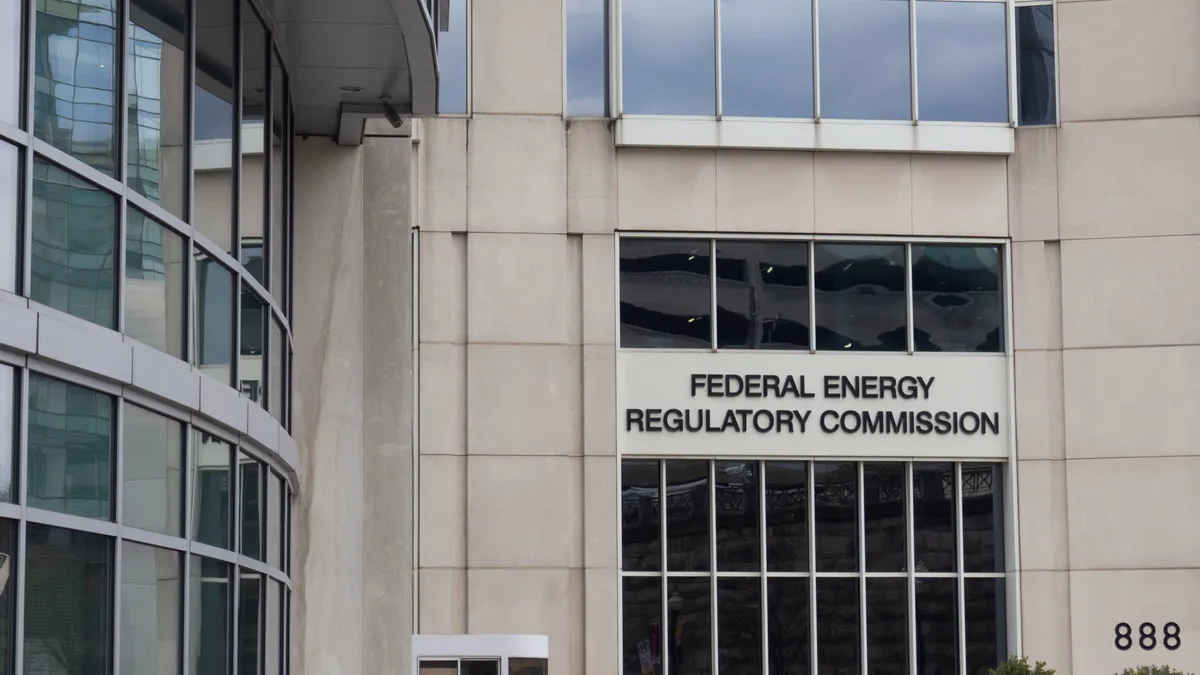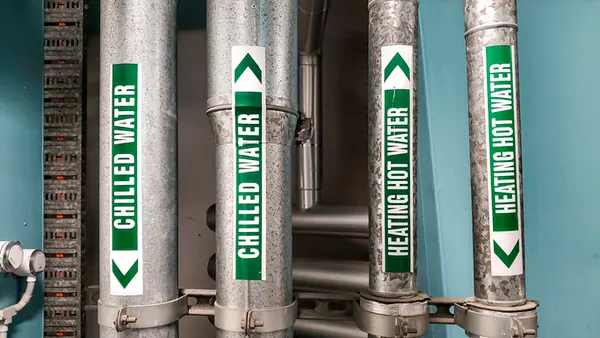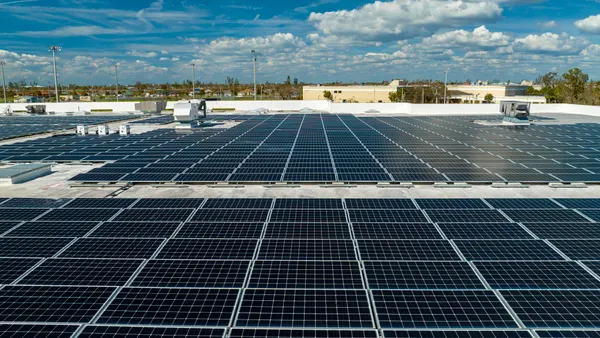Dive Brief:
- The U.S. Environmental Protection Agency has designated Nest's learning thermostat an ENERGY STAR product, making it the first thermostat to receive the acknowledgement since regulators stripped it from all programmable thermostats years ago.
- In 2009, the EPA sent a memo to manufacturers sunsetting the label for programmable thermostats. The agency said it could not confirm energy savings and the devices were complicated to use correctly.
- The designation could be a real boon for Nest, which many believe has underperformed since being purchased by Google in 2014, for $3.2 billion.
Dive Insight:
Home comfort has come a long way in decades, evolving from a ubiquitous circular dial on the wall,(How many parents shouted, "don't touch the thermostat!"), to smart devices that know your work schedule, pre-heat your home and help save energy.
But it wasn't so long ago that technology occupied a liminal state—much improved, evolving, but still unproven and difficult to use.
In 2009, EPA told thermostat manufacturers the agency "has been unable to confirm any improvement in terms of the savings delivered by programmable thermostats and has no credible basis for continuing to extend the current
ENERGY STAR specification."
EPA promised it would continue to work with the industry, however, and now has once again issued the ENERGY STAR rating to a thermostat—Nest's device, which learns customer preferences and schedules over time.
"You can’t force people to program their thermostats to save energy. But the whole equation changes if thermostats can learn to do it themselves," Nest Director of Energy Business Ben Bixby wrote last month on the company's blog.
According to the Bixby, independent studies prove the Nest device saves 10% to 12% on heating bills and 15% on cooling bills, meaning savings of almost $150 annually. The EPA rating could help sales.
In 2015, Google included Nest in its "Other Bets" revenue tranche, which along with several other companies showed revenues of $448 million. That, said people with knowledge of the matter, likely meant Nest was underperforming. The device may be facing stiffer competition. Home energy management revenues are expected to reach an annual value of $2.2 billion in North America by 2022.














